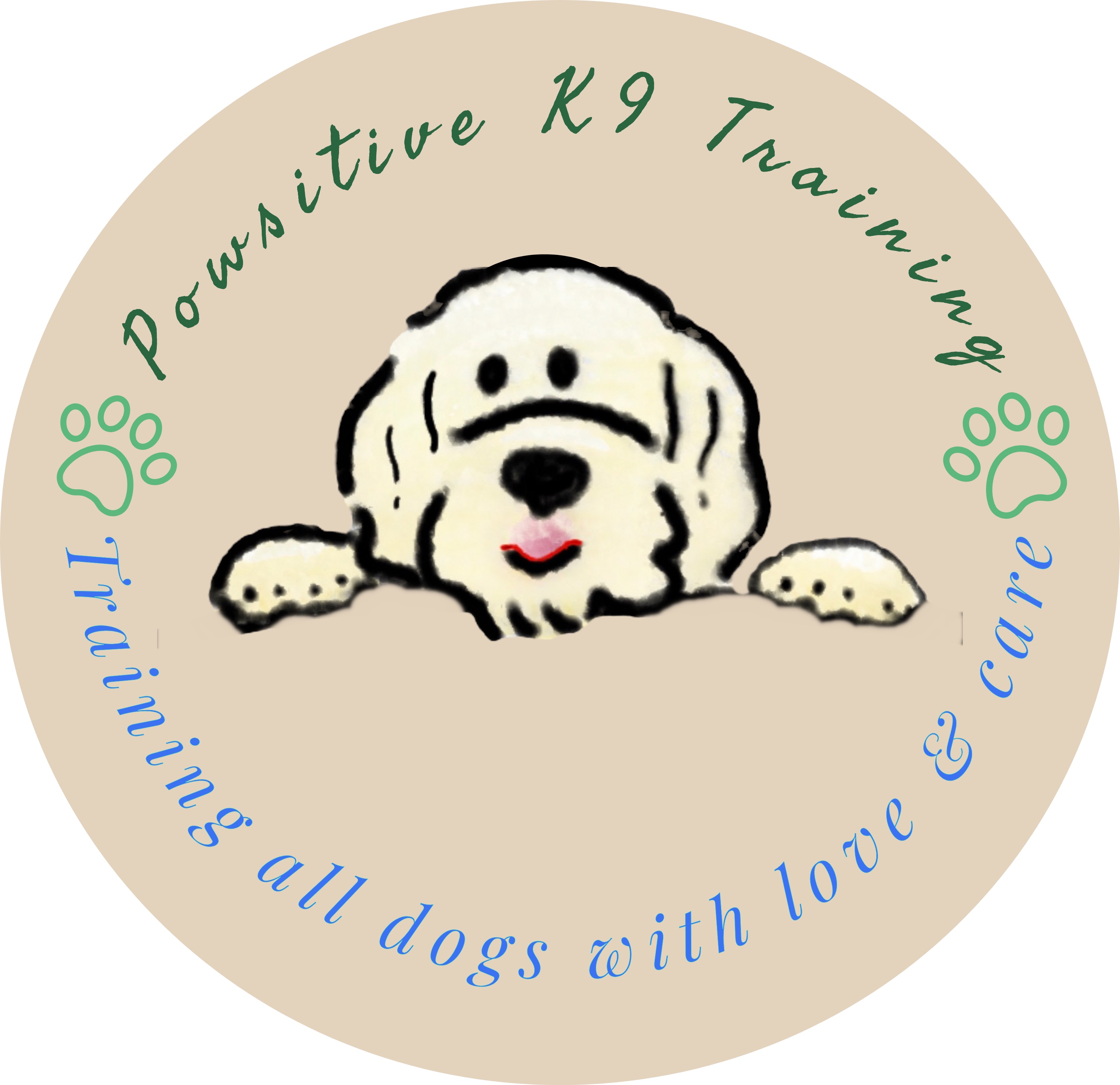Debunking the Alpha Dog Theory: Understanding Canine Behavior
- Powsitive K9 Trainer

- Apr 17, 2024
- 3 min read
Updated: Sep 22, 2024

The concept of the alpha dog, derived from studies of wolf packs, suggests that dogs thrive in a hierarchical social structure where one individual asserts dominance over others. However, modern research and understanding of canine behavior have debunked this theory, revealing a more nuanced and complex understanding of dog social dynamics.
Misinterpretation of Wolf Behavior:
The alpha dog theory was based on observations of captive wolf packs, which exhibited aggressive and competitive behaviors. However, further research on wild wolf packs revealed that they operate more as family units, with cooperative and collaborative dynamics rather than dominance hierarchies. Dr. David Mech, the scientist who originally proposed the alpha wolf theory, later retracted his findings, stating that they were based on observations of unrelated wolves in captivity, which did not accurately reflect wild wolf behavior.
Social Behavior in Dogs:
Domestic dogs are descendants of wolves but have evolved alongside humans for thousands of years. Their social behavior is influenced by their interactions with humans and other dogs, leading to a more flexible and adaptive social structure. Dogs exhibit a wide range of behaviors and personalities, influenced by factors such as genetics, early experiences, and individual temperament.
Positive Reinforcement Training:
Modern dog training methods focus on positive reinforcement and rewards rather than dominance and punishment. Studies have shown that dogs respond better to training techniques based on cooperation, trust, and mutual respect rather than coercion and force. By rewarding desired behaviors with treats, praise, and affection, owners can encourage their dogs to learn and perform tasks willingly.
Bond-Based Relationships:
Dogs form strong bonds with their human companions based on trust, affection, and companionship. They are motivated to please their owners and engage in cooperative behaviors rather than asserting dominance. Dogs thrive in environments where they feel safe, secure, and valued members of the family.
Individual Personality and Temperament:
Like humans, dogs have individual personalities and temperaments. Some may be more assertive or dominant, while others are more submissive or laid-back. However, these traits do not necessarily translate to a hierarchical social structure within the household. Each dog is unique and may respond differently to various training methods and social interactions.
Conflict Resolution:
In multi-dog households, conflicts may arise over resources or social interactions. However, these conflicts are typically resolved through communication, negotiation, and compromise rather than aggressive displays of dominance. Effective leadership involves providing guidance, structure, and clear communication to all dogs in the household.
Evolutionary Perspective:
From an evolutionary perspective, the alpha dog theory fails to account for the complexity of dog behavior and the unique relationship between dogs and humans. Dogs have coevolved with humans for thousands of years, developing a symbiotic relationship based on cooperation and mutual benefit. Unlike wolves in the wild, dogs rely on humans for food, shelter, and social interaction, leading to a different social dynamic within households.
Practical Implications:
Understanding the debunking of the alpha dog theory has practical implications for dog owners and trainers. Instead of focusing on establishing dominance over their dogs, owners should prioritize building trust, communication, and mutual respect. Positive reinforcement training methods, based on rewards and encouragement, are more effective in shaping desired behaviors and strengthening the bond between dogs and their owners.
Conclusion:
The alpha dog theory is a misconception based on outdated research and misinterpretation of wolf behavior. Dogs thrive in environments where they feel safe, secure, and valued members of the family. By understanding and respecting their individual needs, personalities, and preferences, we can build strong, cooperative, and mutually beneficial relationships with our canine companions.




Comments